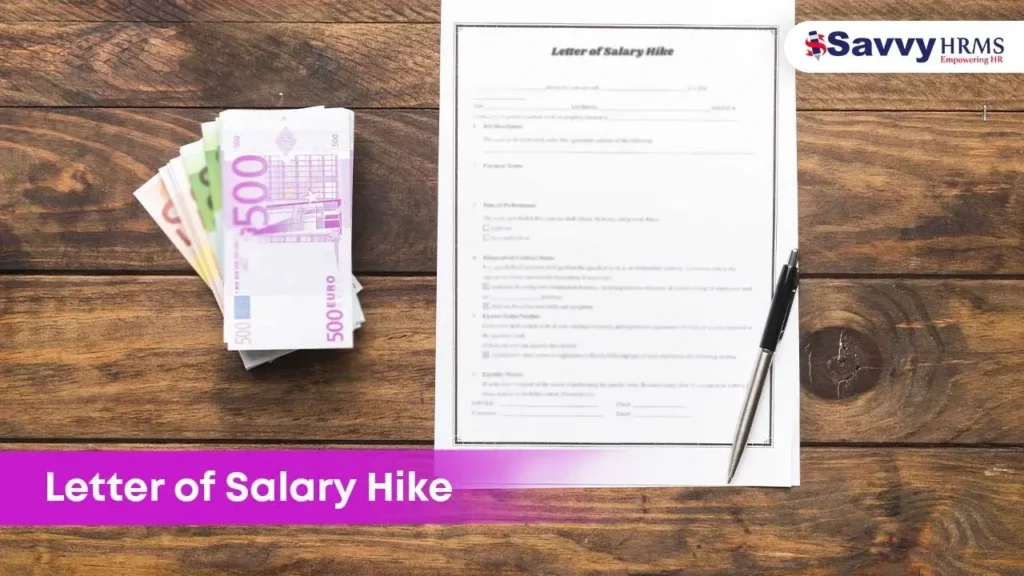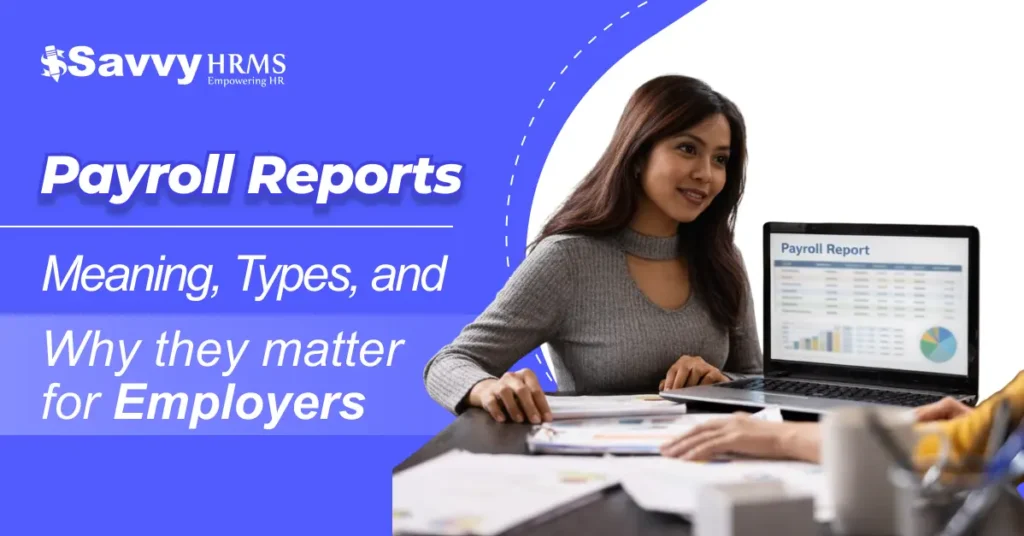A Letter for a Salary Hike is more than an official communication. It’s a formal occasion to showcase your achievements & express your expectations. And open a respectful discussion about your remuneration. However, sending in a Letter for a Salary Hike the right way involves more than just asking for a salary hike.
The Importance of Writing a Letter for a Salary Hike
To begin with, verbal requests can easily become forgotten or delayed. When you submit a well-reasoned Letter, it:
- Demonstrates your desire to be professional
- Provides formal documentation of your request
- Allows your employer to consider your request properly
- Shows your communication skills
A Letter for Salary Hike
While you might feel ready to write a letter, take a moment to take a few preliminary steps:
1. Assess your performance
Create a list of your major contributions, projects completed, and goals reached.
2. Research Industry Standards
Know the market value. Your role and experience.
3. Understand Company Policy
Review when your employer has an appraisal cycle, or any rules regarding pay revision.
More than anything, all of the work you can do will add to the credibility.
Formatting a Letter Requesting a Salary Increase.
1. Subject
Salary Increase Request.
2. Salutation
Dear [Manager’s Name],
3. Introduction
Append an introductory sentence with appreciation. Tell them how thankful you are for the role(s) and/or responsibilities you have been given.
4. Body Paragraph
Describe your role, how long you’ve been in the position, and what you have actually done.
Example:
Contributed to improving team output by 20%. And improved [Process Name], improving overall efficiency and reducing time and costs.
5. Support
Support your increase request with performance metrics, and, if applicable, provide supporting arguments against industry standards.
6. Conclusion
Indicate that you are happy to discuss this matter further and show eagerness to continue contributing.
7. Sign-off
Yours sincerely,
[Your Name]
[Your Title]
Advice for Crafting a Letter for a Salary Hike
- To ensure your Salary Hike Letter is effective:
- Remember to stay professional and respectful
- Keep emotional language out of your letter
- Be specific about numbers and examples
- Do not compare yourself to co-workers directly
When Should You Send a Salary Hike Letter?
Timing is everything. Ideally, you should send when:
- During your annual performance management review
- After you complete a project
- After you have taken on work or activities with greater responsibilities
Common Mistakes to Avoid
While everyone unintentionally makes mistakes, many people go astray by:
- Being vague about your meaningful contributions & successes
- Using an aggressive tone in your letter
- Forgetting you’re asking, not demanding.
- Not aligning your request with the company’s timing.
- Forgetting to review your letter.
Do your best to avoid these, and your Salary Hike letter will have a positive impact.
Conclusion
In conclusion, the primary goal of writing a Letter for a Salary Hike is not merely to ask for more money. It is a strategic communication that demonstrates the value you bring to your workplace. If you prepare, consider the structure and tone relative to your relationship with your employer. You can make a compelling and convincing case for your argument. Be confident, and in turn, be humble. Be specific, and in turn, be succinct. Most importantly, ensure your ask makes sense, nothing more, nothing less.
So, start writing your salary today. And make one more step toward the compensation you deserve.
FAQs
Q1. Can I write a salary hike letter in the absence of a performance review?
Yes, you can! Especially if you have assumed additional responsibilities or completed projects of significance.
Q2. How long should my salary hike letter be?
The letter should not be more than 300-400 words, be specific, but also direct.
Q3. Should I write or mention my current salary in the letter?
It is not necessary. You should spend more time discussing performance and contributions.
Q4. Can I send this by email?
Yes. Email would work as long as it is professional and well-organized




